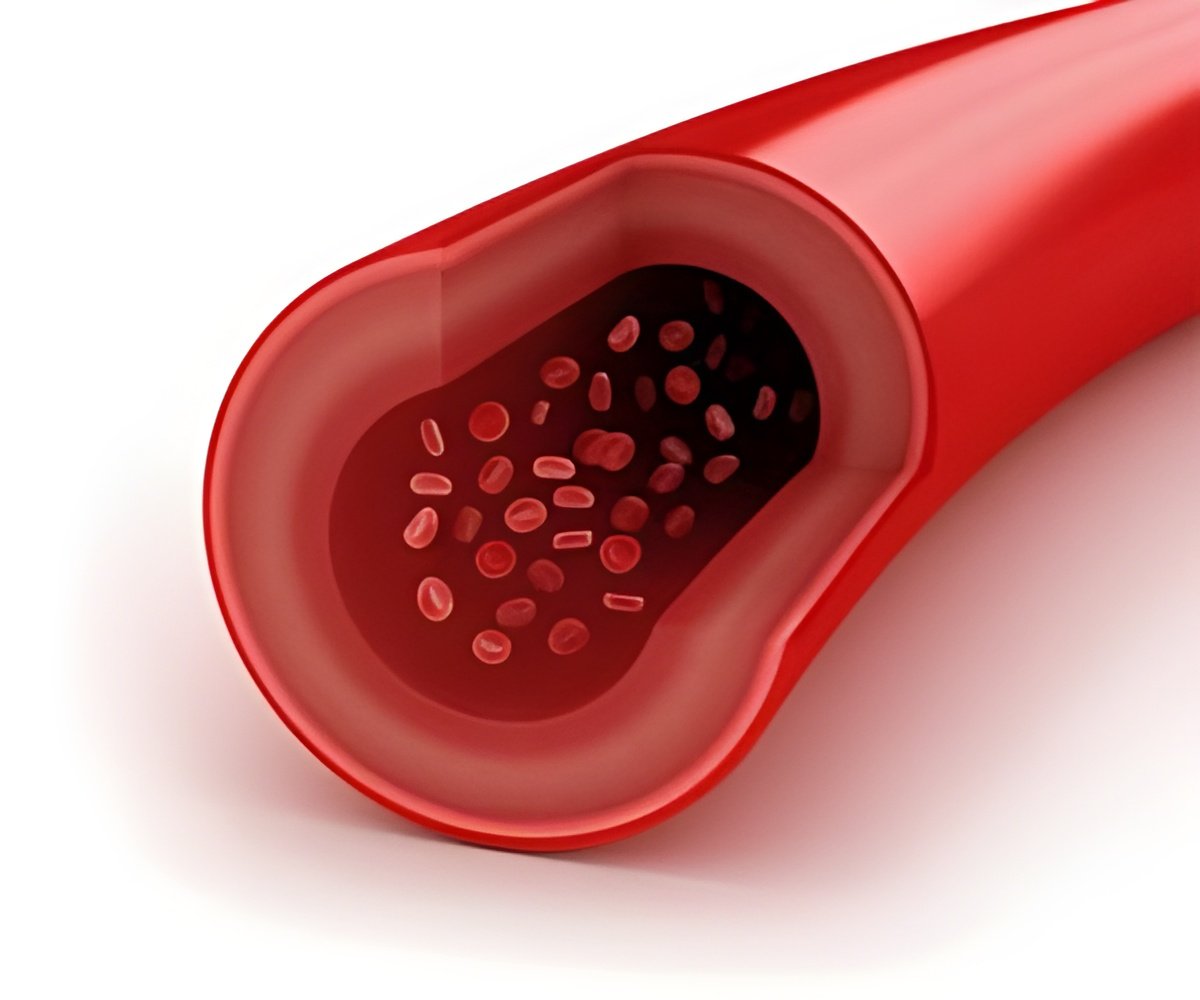
‘High levels of particular groups of transcription factors acted as a switch for the mouse embryo to choose whether to maintain vascular cells, or to develop them into blood stem cells.’
Tweet it Now
Blood vessels and blood cells develop from stem cells in the embryo. In fact, the blood stem cells, responsible for the generation of all blood cell types, develop from the vascular cells which line the walls of blood vessels. This process happens in fish, birds and mammals, and is critical for the formation of blood cells. However how these vascular cells decide when to transform into blood stem cells was unknown. To understand the process of blood cell development the researchers studied seven factors -transcription factors - known to be important in blood cancers, using a powerful new technology called single cell transcriptomics. They discovered that in mouse embryo cells that were transitioning between vascular cells and blood cells, all seven of these factors were expressed together. However, when they engineered various combinations of these transcription factors into embryonic stem cell lines (ESCs), used to model embryonic blood development in the dish, they discovered the factors split unexpectedly into two distinct sets, one supporting the vascular cell fate and the other the blood program.
The researchers discovered there was a balance between the two sets of transcription factors. High levels of each set of transcription factors acted as a switch for the mouse embryo to choose whether to maintain vascular cells, or to develop them into blood stem cells.
Dr Martin Hemberg, a corresponding author on the paper from the Wellcome Sanger Institute, said: "This was the first time that anyone has been able to show how a group of transcription factors causes a vascular cell to choose to develop into a blood stem cell, and demonstrates the power of single-cell transcriptomics for characterising really complex systems of transcription factors. Using this technology, we could see the exact genes that were switched on in every single cell, and found that the transcription factors acted as a fork in the road of development of blood cells."
The study was highly technically challenging. Not only was it difficult to express so many transcription factors simultaneously in ESCs, it was also the first time that single-cell transcriptomics had been used to study a large complex of transcription factors.
Advertisement
The knowledge gained in the study could aid further research towards the creation of blood stem cells for use in transfusions or blood cancer treatments, and could also help in the understanding of metastasis, which is when cancer cells spread to other organs.
Advertisement
Source-Eurekalert














